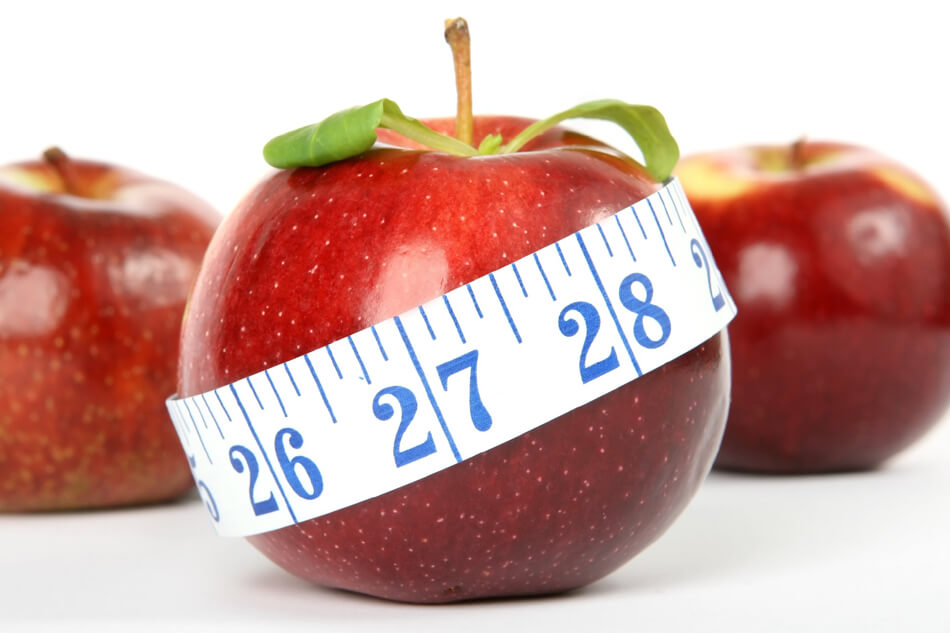Whether you’re looking to improve your overall health, get in shape, or just have more energy, the start of another year is always a great time to begin a new diet plan. Foods are a necessity, as they provide your body with the nutrients and minerals required to keep it functioning optimally. Below, we will thoroughly review three of the best diet plans for 2018.
The Low Carb Diet
Similar to the keto diet, the low carb diet entails the inclusion of meat, dairy, healthy fats, and non-starchy vegetables as its platform, with the intended goal to provide its follower with significant and permanent weight loss.
The science behind this diet is that by significantly limiting and/or eliminating starchy foods, sugars, and fruits, carbohydrate intake is subsequently reduced, with a resulting decrease in insulin levels. Consequently, the body turns to its fat stores as an energy source, which results in considerable weight loss.
You may wonder if there are any significant benefits to decreasing the consumption of breads, pastas, and fruits etc., and the answer is “yes.” Aside from weight reduction, some of the common perks that coincide with following a low-carb meal plan include: feeling less sluggish, type 2 diabetes and metabolic syndrome risk reduction, increased cognitive function, less cravings, better digestion, and improved hormone regulation.
The DASH Diet
We all know of someone who suffers from hypertension. It may even be you. Originally designed to target this growing epidemic, the DASH (Dietary Approaches to Stop Hypertension) diet aims to significantly lower high blood pressure without the use of medication.
One of the biggest perks of adhering to the DASH diet is that it’s actually relatively simple to follow. The DASH plan focuses on sodium intake reduction, along with an increased consumption of fruits, vegetables, whole grains, lean proteins, and low-fat dairy products. By drastically boosting the inclusion of these types of foods and eliminating or significantly decreasing fatty foods, sugary sweets, and salty snacks, in most cases, hypertension is naturally reduced or even resolved.
Some of the other benefits of adhering to the DASH diet include, but are not limited to, the following: reduced “bad” cholesterol levels, weight loss, lowered risk for developing osteoporosis, flexibility, decrease cravings, improved kidney function, glowing skin, and enhanced brain function.
The Vegetarian Diet
Although it is quite well-known and has been around for a significant amount of time, there is a reason why the vegetarian diet is so long standing. That reason, quite simply, is because it works for not just weight loss purposes, but for overall health and wellness improvement too.
Different individuals choose to follow the vegetarian diet for various reasons, from animal rights concerns to weight loss to body detoxification. However, the overall main goal/outcome of following this plant-based diet is health improvement. The idea behind vegetarianism is that by eliminating meats from the diet and replacing those protein sources with nuts, legumes, and seeds, digestion is improved, healthy weight maintenance is naturally achieved, and the overall negative environmental impacts from meat production and consumption are drastically reduced.
Aside from the traditional option, there are also several different types of the vegetarian diet, which makes it appealing to a broad range of individuals who seek health improvement. Those types are outlined below.
- Lacto-vegetarian Diet: No eggs, red meat, poultry or fish are consumed. Dairy products, such as yogurt and cheese, are included.
- Ovo-vegetarian Diet: Eggs are allowed, but meat, poultry, seafood, and dairy products are not.
- Lacto-ovo Vegetarian Diet: Both dairy products and eggs are consumed, but meats, poultry and seafood are not.
- Pescatarian Diet: Fish is consumed, but all dairy and egg products, meats, poultry, and seafood are not.
- Pollotarian Diet: Poultry is consumed. All other meats, seafood, and dairy products are eliminated.
- Vegan Diet: Entirely plant-based. All meats, poultry, seafood, dairy, egg and other animal products are eliminated.
If you are looking to feel and look your best in 2018, then following one of the above mentioned diet plans will not do you wrong. Whether you’re interested in losing a significant amount of weight with the low carb diet, diversifying and enhancing your existing food choices with the DASH diet, and/or detoxifying and nourishing your body with nature’s bounty through vegetarianism, there truly is a plan out there for everyone.

